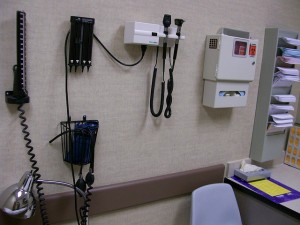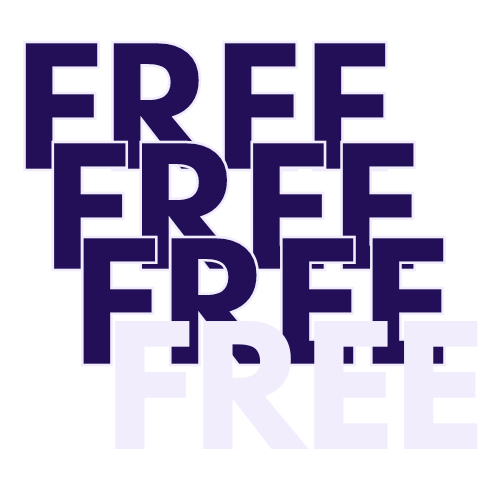
Health trends in IT put the onus on technical providers
Post Author:
CacheFly Team
Categories:
Date Posted:
March 12, 2014
One of the notable emerging health trends is the proliferation of mobile apps and websites tasked with managing health records. If the back-end supporting these apps and sites isn’t up to snuff — from both a performance and security standpoint — the ramifications are wide-ranging. The flawed roll-out of the Affordable Care Act website is an obvious example of how a lack of stress testing and overall sub-par performance influences the public’s impression of a Web application.
The FDA reports that 500 million smartphone users worldwide are expected to use a health care application by 2015, with 50 percent of the more than 3.4 billion smartphone and tablet users projected to download mobile health applications by 2018. Health care professionals and patients are among the presumed users of these mobile apps. Providers of mobile and Web-based applications involved in the management of health records data simply must get the technology right.
Electronic health records systems improve health care delivery
There is little doubt of the significant benefits offered by medical health records. As patients move to a different city or state, or travel out of town, their entire medical history is available to a health practitioner with the click of a button on a website or a mobile app. This improves the overall quality of health care delivery.
But when considering the privacy requirements of the Health Insurance Portability and Accountability Act (HIPAA), data security is paramount. Additionally, speed in accessing this medical data can be a life-or-death situation for a patient. It benefits no one if vital medical data loads too slowly due to a poorly designed technical architecture.
Providers building mobile apps and websites for managing medical records should consider a partnership with a content delivery network (CDN) to ensure important data gets to its destination quickly and securely. These beneficial health trends in IT become essentially meaningless when hampered by sub-standard technical performance.
The benefits offered by a CDN
The industry’s leading CDNs offer state-of-the-art security for medical records transfer. A md5-shared system ensures only trusted connections are able to access private data. SSL certificates add a layer of protection for Web-based access.
Performance is another area of significant improvement derived from partnering with a CDN. Access to the Internet’s leading peering points gives medical professionals fast access to patient data wherever they are located. Gzip compression optimizes the transfer of large packets of data.
Medical records data is uniquely important in the world of IT. Mobile app and website providers need to consider the advantages provided by a CDN before deploying their systems for public access.
Photo credit: Wikimedia Commons
Product Updates
Explore our latest updates and enhancements for an unmatched CDN experience.
Book a Demo
Discover the CacheFly difference in a brief discussion, getting answers quickly, while also reviewing customization needs and special service requests.
Free Developer Account
Unlock CacheFly’s unparalleled performance, security, and scalability by signing up for a free all-access developer account today.
CacheFly in the News
Learn About
Work at CacheFly
We’re positioned to scale and want to work with people who are excited about making the internet run faster and reach farther. Ready for your next big adventure?




